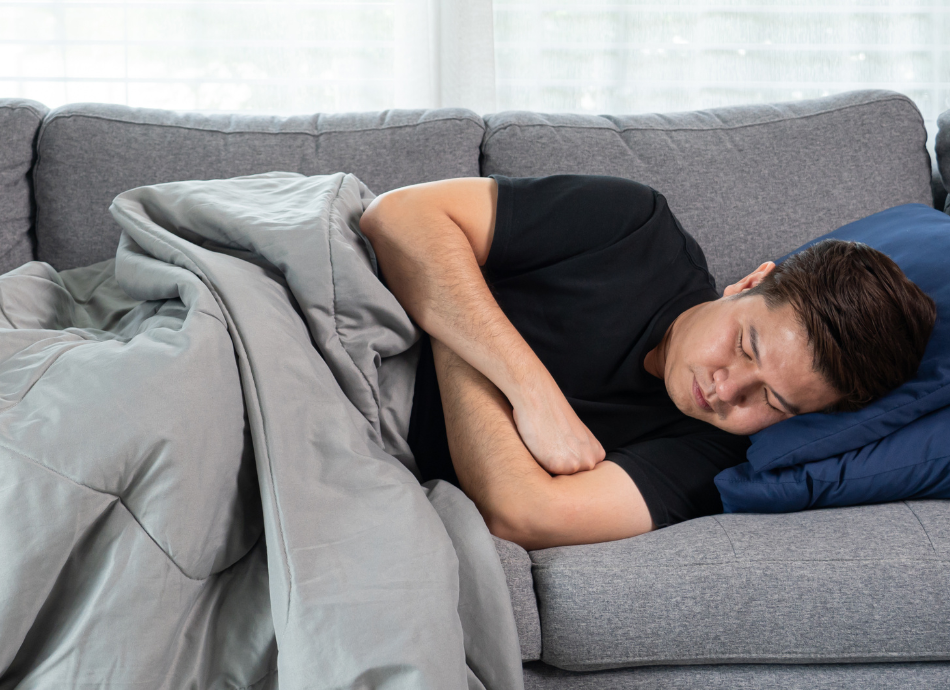Diarrhoea is when your poos become runny or you have to go to the toilet a lot more often. It's very common in adults and children.
It usually goes away without any treatment but there are ties when you need to get medical help (see below).

Low or no data? Visit zero.govt.nz, scroll down the page then click on our logo to return to our site and browse for free.

Diarrhoea is when your poos become runny or you have to go to the toilet a lot more often. It's very common in adults and children.
It usually goes away without any treatment but there are ties when you need to get medical help (see below).

Image credit: Canva
|
When to contact a healthcare provider or call Healthline 0800 611 116 for advice |
|
If you or someone you are caring for experiences any of the following:
|
|
Call 111 and ask for an ambulance or go to the nearest hospital if the person: |
|
Careful handwashing is the most important way to prevent the spread of diarrhoea. Also, if you or your child has infectious diarrhoea, don’t go to school, early childhood centres or your workplace until you have both had no symptoms for 48 hours.
Trouble going to the loo? [PDF, 1.1 MB] Healthify He Puna Waiora and Mediboard, 2023
Credits: Healthify editorial team. Healthify is brought to you by Health Navigator Charitable Trust.
Reviewed by: Dr Janine Bycroft, GP, Auckland
Last reviewed:
Page last updated: